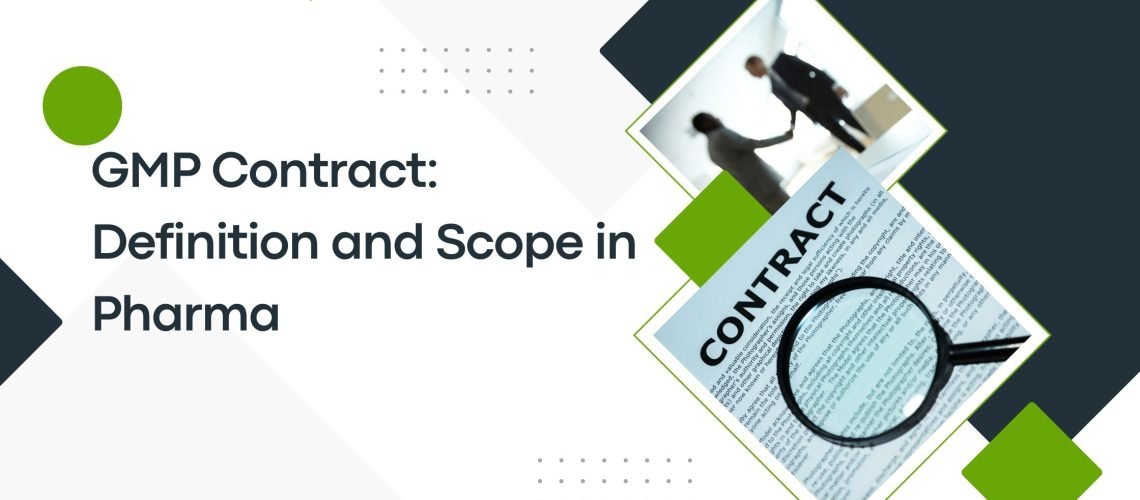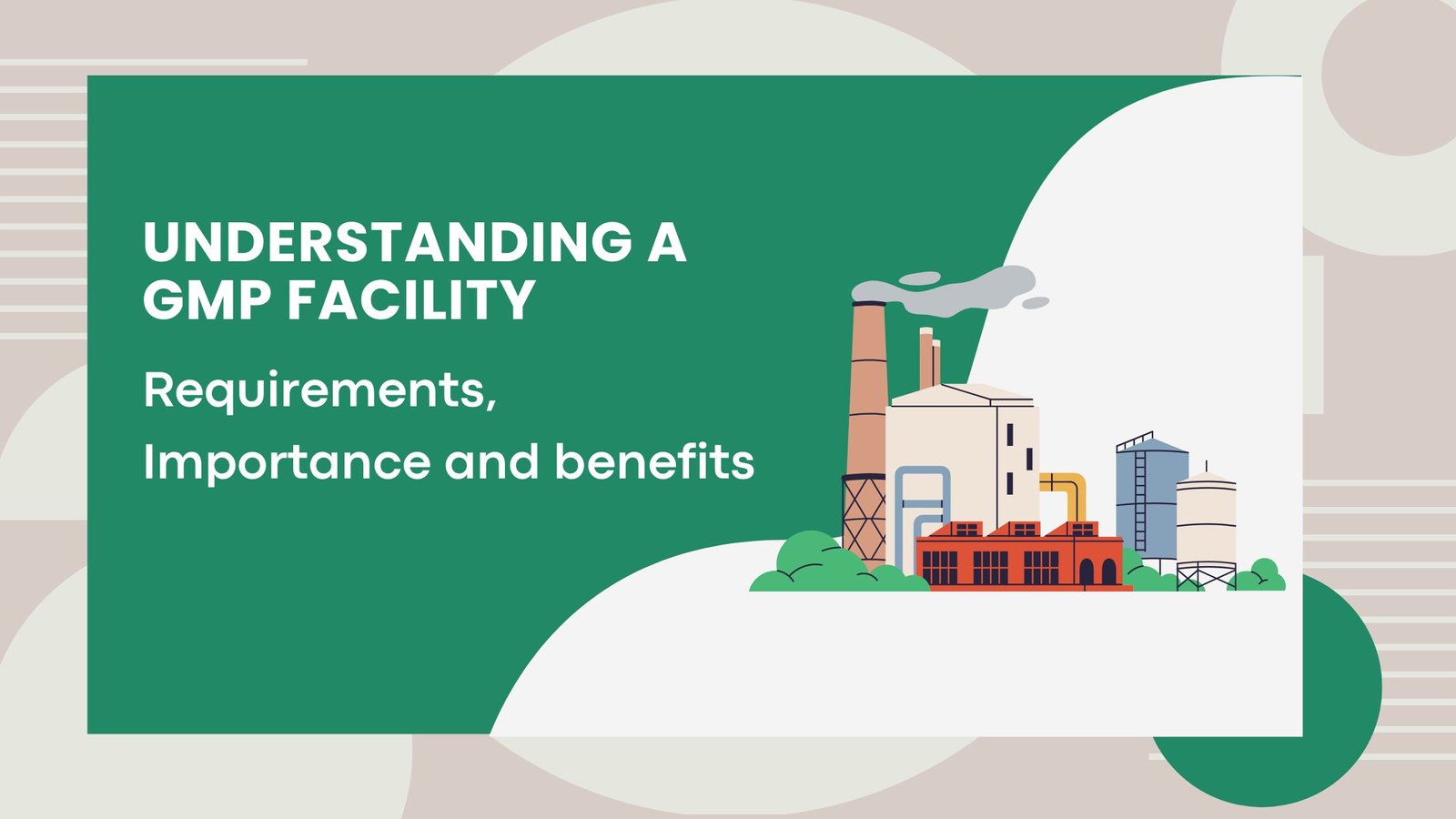Understanding GMP Contracts
What is GMP?
Good Manufacturing Practice, commonly known as GMP, is a system that ensures products are consistently produced and controlled according to quality standards. It covers all aspects of production, from the starting materials, premises, and equipment to the training and personal hygiene of staff. Detailed, written procedures are essential for each process that could affect the quality of the finished product. Systems must be in place to provide documented proof that correct procedures are consistently followed at each step in the manufacturing process. For more information on the basics of GMP, refer to our article on what does GMP stand for.
GMP is integral to a multitude of industries, including pharmaceuticals, medical devices, food and beverage, and cosmetics. However, it is most critical in the pharmaceutical field, where product quality is directly linked to the safety and efficacy of medications.
Importance of GMP in Pharmaceuticals
In the pharmaceutical industry, GMP is the cornerstone of product quality and safety. It helps to minimize the risks involved in pharmaceutical production that cannot be eliminated through testing the final product. GMP regulations address issues including recordkeeping, personnel qualifications, sanitation, cleanliness, equipment verification, process validation, and complaint handling.
GMP is crucial in safeguarding the health of patients and consumers. Medications that are not produced to GMP standards may be of substandard quality or even dangerous. These risks are not only related to health but also to the pharmaceutical company’s reputation and financial position.
The importance of GMP in pharmaceuticals cannot be overstated. It’s a global standard that must be adhered to, and compliance is enforced by regulatory agencies like the FDA in the United States. Non-compliance can lead to serious consequences, including product recalls, sanctions, and legal action. For a deeper insight into the significance of GMP in the pharmaceutical industry, explore our article on the importance of GMP certification.
GMP is more than just a set of guidelines; it’s a fundamental element in building a robust quality management system that ensures products are safe, fit for purpose, and meet both the regulatory standards and the high-quality expectations of the public. For professionals in the pharmaceutical industry, understanding GMP is essential for both career development and the successful operation of a pharmaceutical business. Additional resources can be found in our articles exploring GMP certification, GMP compliance, and GMP practices.
Overview of GMP Contracts
In the pharmaceutical industry, adherence to rigorous standards is not just best practice—it’s imperative for the safety and efficacy of products. Within this context, GMP contracts serve as a critical tool to ensure that these standards are consistently met.
Definition of GMP Contracts
A GMP contract is a legally binding agreement between parties—typically a manufacturer and a client—that outlines the responsibilities and quality requirements for the manufacturing of pharmaceuticals, health supplements, or food products. These contracts are designed to ensure that products are produced and controlled according to quality standards that align with the GMP regulations.
The contract delineates the roles and obligations of each party involved, often detailing processes, testing methods, and documentation requirements. It serves as a comprehensive guide for both the supplier and the client to achieve mutual compliance with GMP standards.
Purpose and Scope of GMP Contracts
The primary purpose of a GMP contract is to formalize the commitment of all parties to adhere to GMP regulations throughout the production and supply chain. The scope of these contracts typically includes, but is not limited to:
- Specifications for raw materials and finished products
- Protocols for production processes and equipment use
- Quality control and assurance measures
- Record-keeping and documentation procedures
- Conditions for storage and transportation
- Compliance with specific GMP certifications and regulatory requirements
These contracts are not only essential for maintaining quality and compliance but also for protecting the interests of both the manufacturer and the client. Should a dispute arise, a well-structured GMP contract provides a clear point of reference for resolution, and in the case of GMP violations, it can demonstrate due diligence and adherence to GMP requirements.
By setting forth explicit expectations and standards, GMP contracts help facilitate trust and reliability in pharmaceutical manufacturing, contributing to the overall integrity of the supply chain and the safety of consumers.
Components of a GMP Contract
Good Manufacturing Practice (GMP) contracts are vital in ensuring that pharmaceutical products are produced consistently and controlled according to quality standards. These contracts outline the responsibilities and expectations of all parties involved in the manufacturing process.
Key Elements of GMP Contracts
GMP contracts typically include several key elements to ensure that all manufacturing processes meet the necessary regulatory standards. These elements serve as the foundation for a successful partnership between a company and its contractors or suppliers.
- Scope of Work: Clearly defines the work to be performed, the products involved, and the expectations for both parties.
- Quality Assurance: Outlines the quality assurance measures that will be taken to comply with GMP standards.
- Responsibilities: Specifies the roles and responsibilities of each party, including any subcontractors.
- Materials and Suppliers: Lists approved materials and suppliers, and the methods for qualification and validation.
- Documentation: Details the types of documents required, such as batch records, testing results, and certification records, to ensure GMP compliance.
- Change Control: Establishes procedures for changes to processes, equipment, or materials that could affect product quality.
- Audits and Inspections: Includes the right to audit contract facilities and the frequency of such audits to ensure ongoing GMP certification and adherence.
These components work in tandem to create a robust framework for maintaining product quality and safety throughout the manufacturing process.
Legal Requirements and Compliance
The legal requirements of GMP contracts are designed to ensure that pharmaceutical manufacturers and their partners adhere to the regulations set forth by governing bodies such as the FDA in the United States and equivalent agencies worldwide.
Regulatory Body | Jurisdiction | Key GMP Focus |
United States | Ensuring the identity, strength, quality, and purity of drug products (fda gmp) | |
European Union | Compliance with EU GMP guidelines for medicinal products (gmp in pharma) | |
International | Global standards for pharmaceutical production (gmp guidelines) |
Compliance with GMP is not just a regulatory requirement but also a legal one. Contracts must contain clauses that hold each party accountable for meeting these requirements, including:
- Adherence to GMP regulations and guidelines.
- Ensuring that the manufacturing facilities are GMP certified or meet the equivalent GMP facility standards.
- Reporting and investigating any GMP violations or discrepancies.
- Maintaining a state of GMP compliance throughout the duration of the contract.
- Having mechanisms in place for product recalls if necessary.
These legal stipulations are critical for protecting consumers and maintaining the integrity of the pharmaceutical industry. Companies must ensure that their contracts are comprehensive and enforceable to uphold the importance of GMP certification and the meaning of GMP in safeguarding public health.
Implementing GMP Contracts
The process of implementing Good Manufacturing Practice (GMP) contracts is a critical step for pharmaceutical companies to ensure they are consistently producing safe and effective products. Let’s delve into how these contracts are established and the benefits they offer to the pharmaceutical industry.
Process of Establishing GMP Contracts
The establishment of a GMP contract involves several key steps:
- Identification of Needs: Before drafting a contract, the pharmaceutical company must identify what GMP services or products it requires from the supplier or manufacturer.
- Selection of a GMP-Compliant Partner: The company then selects a GMP certified partner that can meet these needs while adhering to the necessary GMP standards and regulations.
- Negotiation and Drafting: Negotiation of the terms of the contract takes place, focusing on compliance, quality, and delivery. The contract is then drafted, incorporating all agreed-upon elements.
- Incorporation of GMP Requirements: The contract must include all GMP requirements and ensure that the partner has the capability to comply with them.
- Review and Approval: Legal teams review the contract to ensure it meets all regulatory requirements. Once reviewed, both parties sign the contract to indicate their agreement.
- Monitoring and Enforcement: Continuous monitoring is put in place to ensure that the partner adheres to the terms of the contract. Any GMP violations are addressed promptly to maintain compliance.
Benefits of Adhering to GMP Standards
Adhering to GMP standards through well-implemented contracts offers numerous benefits:
- Consistent Quality: By following GMP practices, companies can produce pharmaceutical products of consistent quality, which is crucial for patient safety.
- Regulatory Compliance: Adherence to GMP ensures compliance with regulations set by governing bodies, such as the FDA GMP guidelines.
- Reduced Risk of Violations: Implementing GMP contracts minimizes the risk of regulatory violations that can result in costly fines and damage to the company’s reputation.
- Increased Consumer Trust: Consumers are more likely to trust products from companies that are GMP certified, as this certification indicates a commitment to quality.
- Market Access: GMP compliance is often a prerequisite for entering certain markets or participating in government tenders, making it a key factor in business expansion.
By prioritizing the implementation of GMP contracts, pharmaceutical companies can ensure that every aspect of their production meets industry standards, thereby protecting their products, patients, and business interests.



